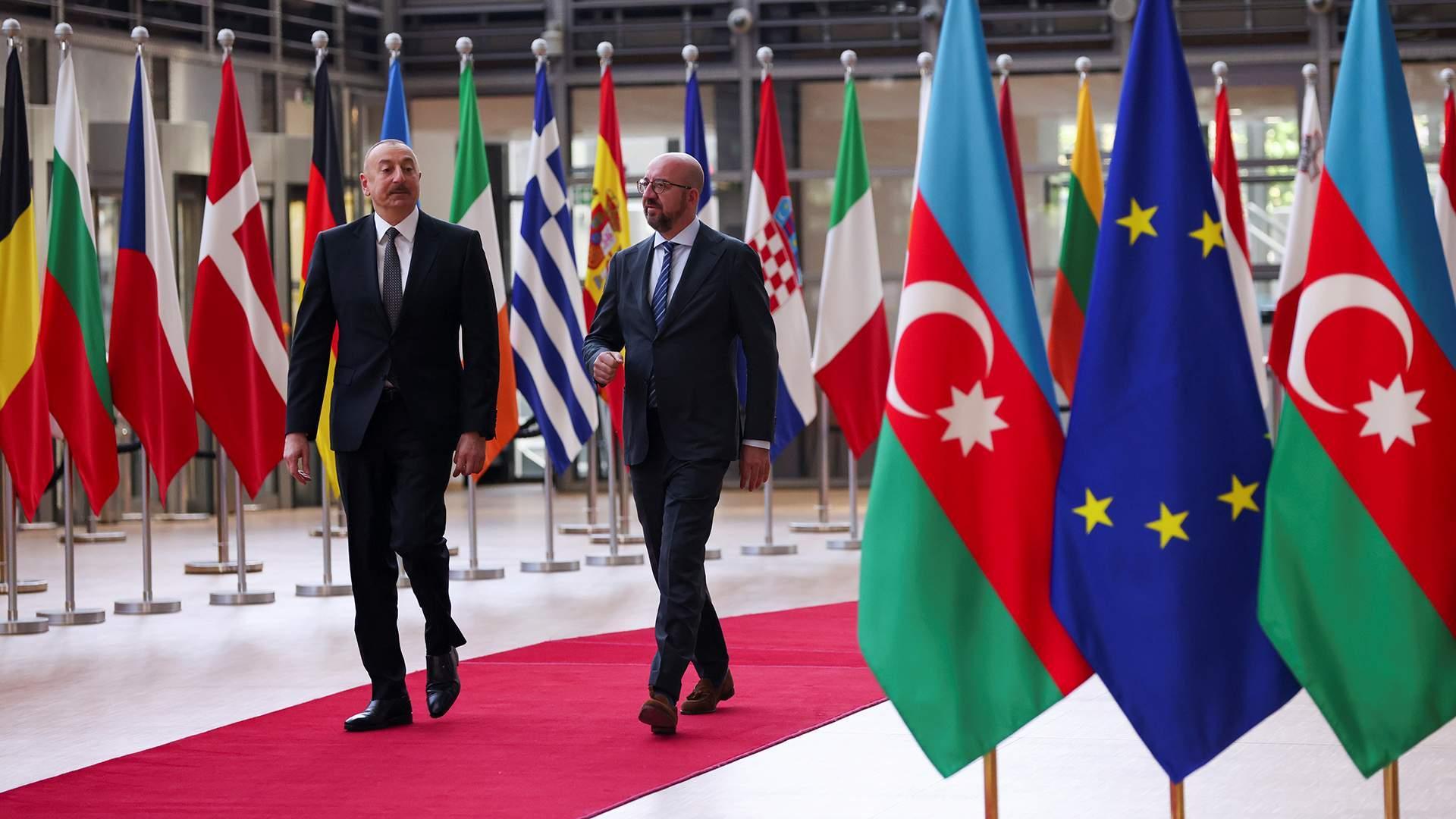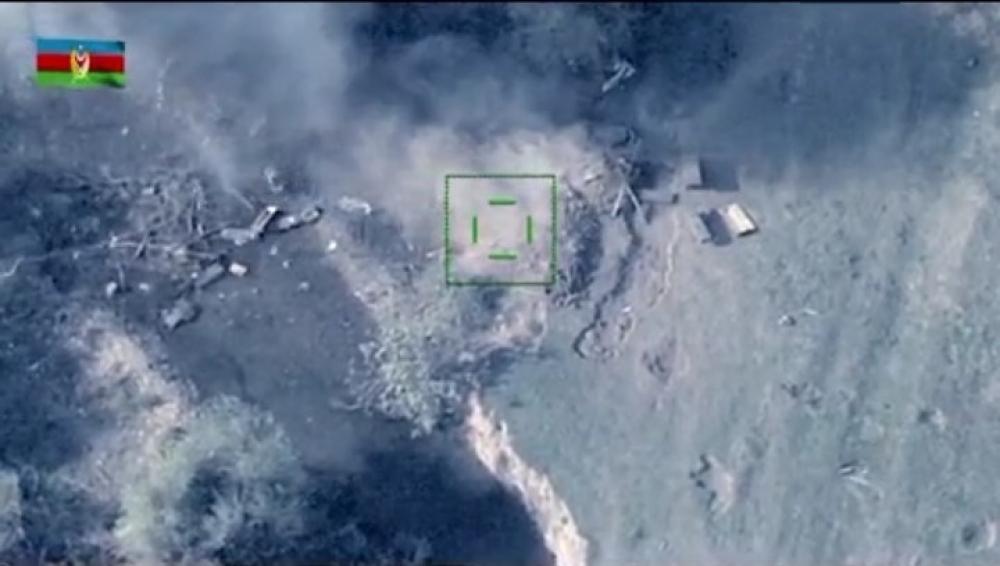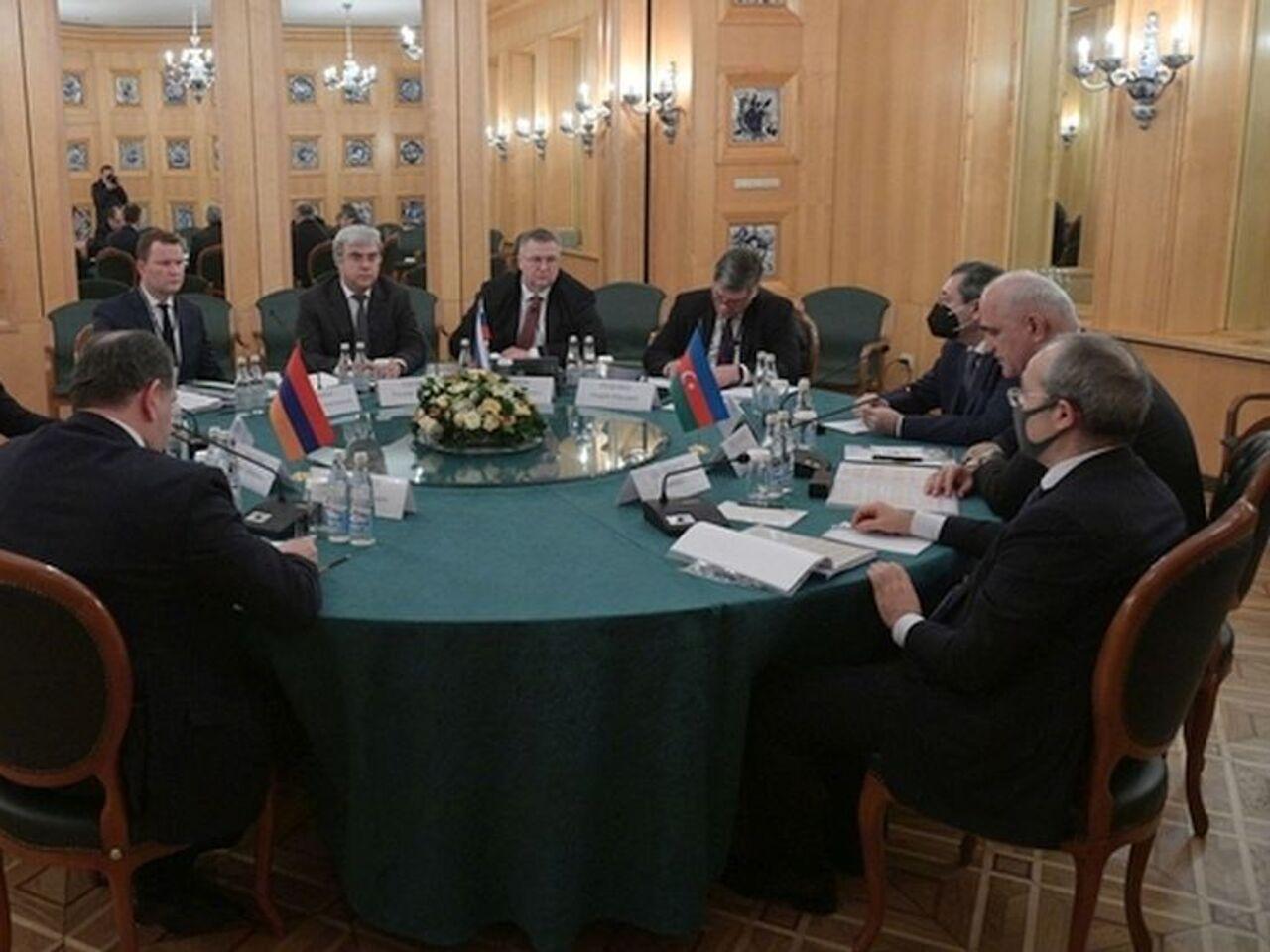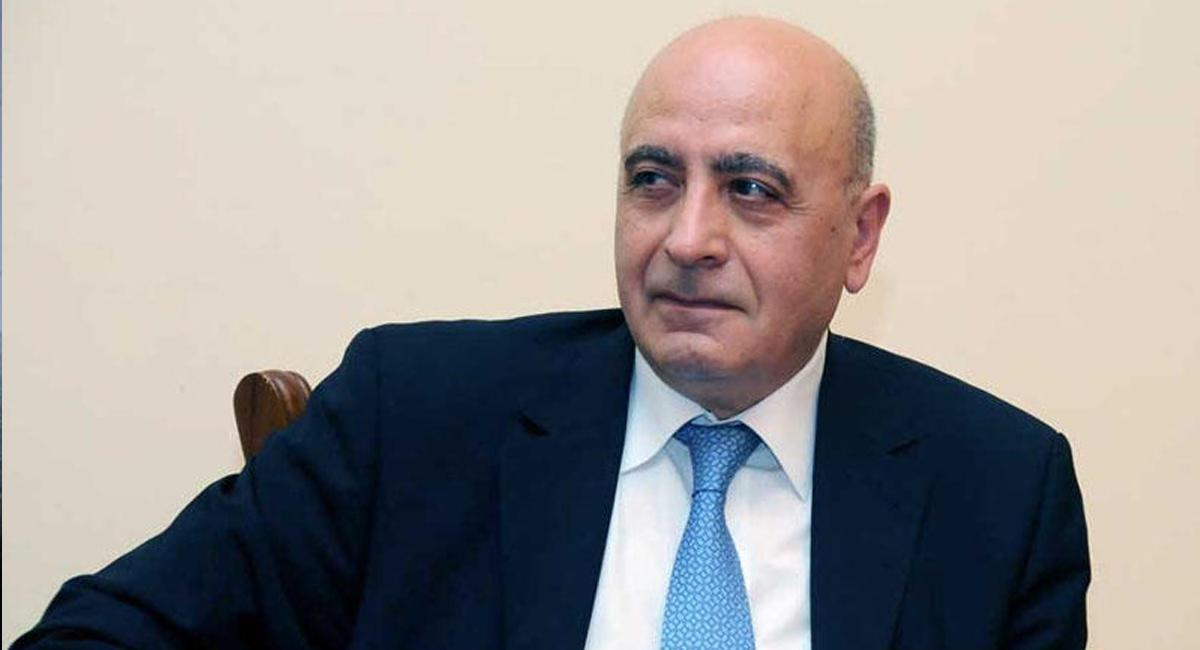Overcoming any resistance: Baku's special methods in Brussels With a big smile and a tough eye
Azerbaijan seems to have set a new tone for dialogue and consensus. Having benefited from Brussels' facilitation, Baku has, undoubtedly, taken a few steps closer to concluding a peace treaty with Yerevan and launched a new dynamic of working through previously made commitments and agreements. Well, the reality is that Azerbaijan often has to achieve, with considerable effort, exactly what the country could have hoped for by right of the winner. Will the fourth meeting be enough to move forward on the road towards the restoration of peace and stability or will we have to push Yerevan forward again with the carrot and stick method after a while?

A convincing background
The fourth meeting between Aliyev and Pashinyan in Brussels is definitely a new stage in the negotiation process. This conclusion is not a figure of speech. Already in the run-up to the new Brussels talks, it was clear that Azerbaijan is opening a special chapter in the process, gaining a useful asset and arming itself with the tools to suppress Yerevan's toxic policy. It is special and new because Azerbaijan has restarted the dialogue on tangibly different ground, having shaken off Armenian separatism in August during the "Revenge" operation and caused waver Yerevan's donkey-like stubbornness with the skillful use of "bayraktars" and the operational virtuosity of mountain commandos in capturing strategic heights. You could call it a "show of muscle" and even wonder if it was necessary. Yes, such a show was certainly necessary, firstly as a response to the killing of an Azerbaijani soldier and secondly as an obvious boost to the negotiating process, simply because sometimes the Armenian side does not understand other methods of influence.
Therefore, the new round in Brussels was more likely to be a carrot, because the stick has already worked recently and has had its effect. Although, of course, it is not that simple. From the sources, we know that on the sidelines of the meeting the masterly diplomatic skills of Ilham Aliyev had to face the blocking of the Armenian side to the already assumed range of questions and attempts to avoid difficult topics. However, President Aliyev confidently pushed through the hysterical maneuvers of Yerevan.
Geography of action
Brussels became rather a kind of silent victory for Azerbaijan, when the main task was to launch a new mechanism to eliminate Yerevan's passivity, to make it work over its mistakes. Everything started even before the meeting: on the eve of the rendezvous in Brussels, a joint meeting of two national commissions on border delimitation and security was held in Moscow with the participation of the Deputy Prime Ministers of Azerbaijan and Armenia - Shahin Mustafayev and Mher Grigoryan. The deputy prime ministers are expected to meet in Brussels for further work. It should be noted that another positive aspect seems to have emerged: the work in different directions of agreements is no longer chaotic and becomes more systematized. Both in Brussels and Moscow, the actors calmly and easily move from one venue to another.

Yerevan had to work hard
Another important point is that the talks touched on almost the entire list of issues. Charles Michel's statement on the outcome of the meeting has clear subheadings on the format of the topics discussed and the results of the dialogue. There are both border issues and humanitarian issues, as well as a clearer elaboration of the problem of unblocking communications. That is, Ilham Aliyev has raised and touched upon all the urgent, problematic, and long-delayed topics that need to be considered first and foremost. It must be said that Baku now links all the subjects to specific timeframes and deadlines so that no one in Yerevan would wiggle and waste no more time. It is not by chance that commenting on the results of the negotiations in Brussels, Pashinyan, heavily exhaling, called the work "voluminous". Or, as Charles Michel himself said in his speech, "We have addressed the whole range of issues". This suggests that Yerevan was forced to work hard.
Peace without a good quarrel
Implementation of the peace treaty is an obvious breakthrough for Brussels-4. Noteworthy, however, is the fact that the theme of the peace agreement is no longer just floating around, but has become a subject of concrete dialogue and discussion. Yerevan was compelled to return to this subject, moreover, to adhere to clear terms: within a month groups will be formed by the Foreign Ministries of the two countries to start working on the text of the peace agreement. Ilham Aliyev's good-natured smile is a sign of his Olympic stamina and unbending will to solve these difficult problems. The President's diplomatic experience has borne tangible fruit.
Most importantly, it is already clear that the future peace treaty between Azerbaijan and Armenia will be based on the well-known five principles, put forward by Baku and adopted by Yerevan. It should be noted that Azerbaijan proposes the following principles for the normalisation of relations:
- Mutual recognition of each other's sovereignty, territorial integrity, inviolability of international borders, and political independence;
- Mutual confirmation of the absence of territorial claims of states to each other and legal obligation not to make such claims in the future;
- To refrain from threatening each other's security in inter-State relations, from the use of threats and force against political independence and territorial integrity, and from other circumstances inconsistent with the purposes of the UN Charter;
- delimitation and demarcation of the State border, the establishment of diplomatic relations;
- the opening of transport and communications, the establishment of other appropriate communications, and cooperation in other areas of mutual interest.
Attempt to avoid absurdity
It should be noted that Brussels has limited the aspirations of Armenians in all the "sacred" moments for them as much as possible. We are unlikely to hear more about them. There is no mention in Charles Michel's statement of the status, of the "people of Nagorno-Karabakh" and the pseudo-peacekeeping OSCE MG. Brussels has switched off all useless options and is only cooperating with the Azerbaijani agenda on issues of efficiency, and transparency of objectives. Yerevan's complaints are listened to but not included in the text of the statements.

Candid verdict
Political analyst Rasim Musabekov, a member of the Milli Majlis, said in an interview with Caliber.Az that the meeting between the two leaders was quite intense, lengthy, and, based on the statements made by Charles Michel, quite productive. However, according to the political scientist, it is too early to talk about a breakthrough, but it is felt that Pashinyan is disappointed that Moscow does not intend to serve the Armenian "wishlist", and he either demonstratively or indicating his willingness to evolve towards the West, gave his priority as a negotiating platform to Brussels. Which prompted a negative reaction in Moscow, according to Musabekov, "voiced by Russian Foreign Ministry spokeswoman Maria Zakharova, who said that Brussels wants everything set and that it is trying to hijack Russia's mediation mission because of its geopolitical ambitions."
"This is complete nonsense. The EU does what it has to do, and one does not interfere with the other. If both Moscow and Brussels are trying to promote stability, peace, and security in the region, why should the efforts of one side or the other be so jealous?" the political scientist asks.
Brussels, according to his assessment, unlike Moscow, does not express any negative attitude towards Russia's mediation, except that in comparison to the first and second meetings Charles Michel did not consider it necessary to talk about the tripartite statement of November 10, 2020.
"At the same time, Michel is trying to promote all the things that were set out in the trilateral statement, but they are not moving forward: border delimitation, launching transport corridors, and conclusion of a peace treaty," the political scientist said.

As for the peace treaty, the foreign ministers must prepare a text and start working on it. "We will see how it will be implemented," the political scientist added.
The announced new meeting of the countries' leaders in November, he said, means that both sides have to do their homework before it.
"It will be rather difficult to come to the meeting empty-handed and again mill the air, as usually done by the Armenian side," Musabekov said.
According to the political scientist, it's obvious that Brussels becomes the leading mediation platform in the negotiations between Baku and Yerevan, especially when the most important vectors of discussions are shifted toward the EU capital. The EU, importantly, has signaled the dependence of its financial support to the countries of the region on the progress of the peace process.
"After all, the EU promised 2 billion in financial assistance to Armenia, but it has not yet been received there. I think this is a very strong incentive for Armenia to start moving in the right direction," the political analyst summed up.








